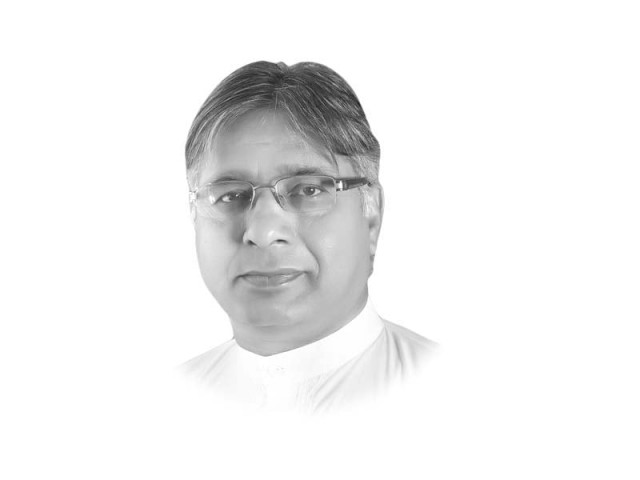Justice Sachar: a path worth pursuing
Justice Sachar will always be known as an icon of the struggle waged for making his country a fairer place

The writer can be reached at jacobpete@gmail.com
The strength of his character came to the limelight when the government tried to maim him by an irregular transfer during the 1974 state of emergency imposed in India. His refusal made the Indian government so nervous that the government transferred the hearing of a case related to atrocities against the Sikhs during 1984 riots that followed the assassination of prime minister Indira Gandhi.
On 6th December 1992 when Hindu fundamentalists razed Babri Mosque Sachar was serving as a member in the UN Sub-commission on Prevention of Discrimination and Protection of Minorities in Geneva. Time and again, he criticised the inaction on the part of the judiciary and complacency of the executive. He urged that 6th December should be observed as a National Repentance Day.
Nevertheless, he became a household name in India for the ‘Sachar Report’. In 2005, the Manmohan Singh-led Congress government assigned him an official inquiry into the social, economic and educational status of Muslims in India. Under his supervision, a committee found out the causes and manifestations of marginalisation of Muslims in India. The report highlighted the disparity in opportunities and enjoyment of rights, for instance, though Muslims constituted over 18 per cent of the population, their representation in the administrative services was merely 3.2 per cent.
The Sachar committee report was internationally acclaimed amongst academic, legal and human-rights circles due to its inquisitive depth and far-sighted recommendations. He expanded the concept of social justice, advocating that affirmative measures should address the issues of unfair advantage that the privileged sections enjoy in contrast to the marginalisation of others. Moreover, the affirmative actions by the government should also ensure the equality of outcomes of the actions aimed at removing economic and social marginalisation. The assertion was based on the unexpected findings of a thorough survey which informed that Muslims were better off in BJP-led Gujrat than the Communist Party dominated West Bengal.
This report entailed some important developments in the domains of public policy and institutional protection mechanism for minorities in general though specifically for Muslims in India. The report was reviewed by the cabinet which made financial allocation and other measures to address the marginalisation of the Muslims, parliament also reviewed the implementation of the recommendations of the Sachar report in the subsequent years. The report also strengthened the hand of the National and State Commissions on Minorities. A key recommendation was about setting up an Equal Opportunity Commission to provide timely redress on complaints.
Sachar helped several causes in public interest litigation and social movements, including the anti-corruption movement started by Anna Hazare in 2011. In an extraordinary display of bravery, Sachar joined the cause on the streets at the age of 87 and even courted arrest, though for a short span.
Sachar felt agitated about escalating religious intolerance and rights violations in his country as observed in his speeches and statements. Born and educated in Lahore, Sachar had witnessed the horror of partition of Punjab in 1947 which also forced him to leave his birthplace. He remained an ardent supporter of politics of hope, interfaith harmony and care for the marginalised.
Justice Sachar will always be known as an icon of the struggle waged for making his country a fairer place. In his article for The Indian Express, a former chairperson of the National Commission for Minority Rights in India, Tahir Mehmood, has befittingly called him a legend in his lifetime.
Published in The Express Tribune, May 20th, 2018.
Like Opinion & Editorial on Facebook, follow @ETOpEd on Twitter to receive all updates on all our daily pieces.















COMMENTS
Comments are moderated and generally will be posted if they are on-topic and not abusive.
For more information, please see our Comments FAQ